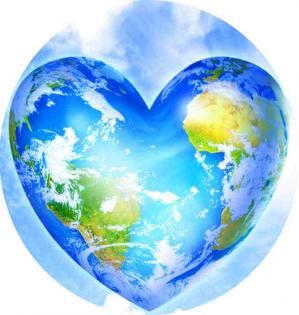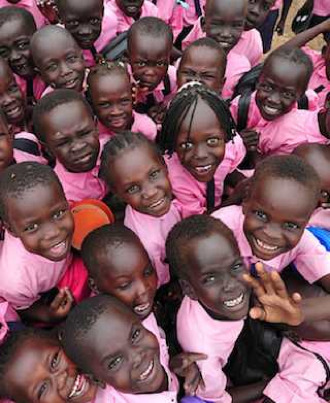 Asserting that nonprofits now lag behind industry in technological innovation due to lack of funding, Google unveiled its remedy yesterday. It announced $23 million in grants to organizations that are advancing society but asking nothing in return.
Asserting that nonprofits now lag behind industry in technological innovation due to lack of funding, Google unveiled its remedy yesterday. It announced $23 million in grants to organizations that are advancing society but asking nothing in return.
Five million each are going toward projects that aim to prepare more minorities and women for careers in science, increase access to clean water and conserve endangered species and biodiversity.
The new Global Impact Awards go to:
Charity: water: Real-time technology to monitor water and ensure it gets to more people
One in nine people across the globe lack access to clean water. At any given time, approximately one-third of water pumps built by NGOs and government groups in remote areas are not functioning. charity: water will use its $5 million Global Impact Award to install remote sensors at 4,000 water points across Africa by 2015, monitoring and recording actual water flow rate to ensure better maintenance of and access to clean water for more than 1 million people.
DonorsChoose.org: New program to enroll more underrepresented students in advanced classes
In the U.S., girls and disadvantaged students are less likely to study math and science in college or pursue related careers, in part because they’re not exposed to advanced classes in high school. DonorsChoose.org will use its $5 million Global Impact Award to work with the College Board and provide public schools across the U.S. with the start-up materials needed to create 500 new AP science and math courses. DonorsChoose.org will also help successful teachers reinvest in their classrooms and students.
The illegal wildlife trade, estimated to be worth $7-10 billion annually, devastates endangered species, damages ecosystems, and threatens local livelihoods and regional security. World Wildlife Fund will use its $5 million Global Impact Award to adapt and implement specialized sensors and wildlife tagging technology.
Consortium for the Barcode of Life: DNA barcoding to identify and protect endangered wildlife
More than 2,000 endangered species are protected from illegal trade by UN regulations. Intercepting wildlife transferred across borders is critical to slowing illegal trade, but detection tools are expensive and unavailable. The Smithsonian Institution’s Consortium for the Barcode of Life will use its $3 million Global Impact Award to work with researchers in six developing countries to create and implement “DNA barcoding,” a public library of DNA barcode tests that enforcement officials can use as a front-line tool.
 GiveDirectly: Mobile technology to put money directly into the hands of the poor
GiveDirectly: Mobile technology to put money directly into the hands of the poor
Despite assumptions, direct cash transfers are a proven approach to lifting people out of poverty. Research documents substantial positive impacts on a wide range of indicators, including farm profits and infant birth weight. GiveDirectly will use its $2.4 million Global Impact Award to scale its model of direct cash transfers.
Equal Opportunity Schools: Data to identify high-performing yet underrepresented students
Every year, more than 600,000 low-income students in the U.S. miss out on advanced classes that provide college training. Using data analytics, Equal Opportunity Schools will use its $1.8 million Global Impact Award to identify 6,000 high-performing yet underrepresented students and move them into advanced classes.
Geena Davis Institute on Gender in Media: Tools to analyze and promote gender equality in media
What kids see on screen has a profound effect on how they see the world, from body image to academic performance. The Geena Davis Institute on Gender in Media will use its $1.2 million Global Impact Award to support the development of automated technology that analyzes female portrayals in children’s media.
(LEARN more about these projects at Global Impact Awards)



















